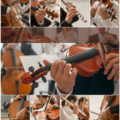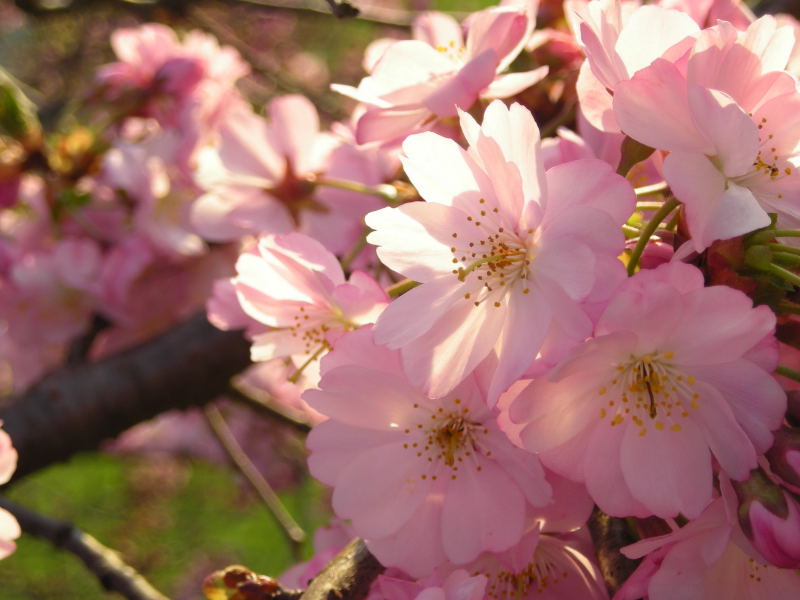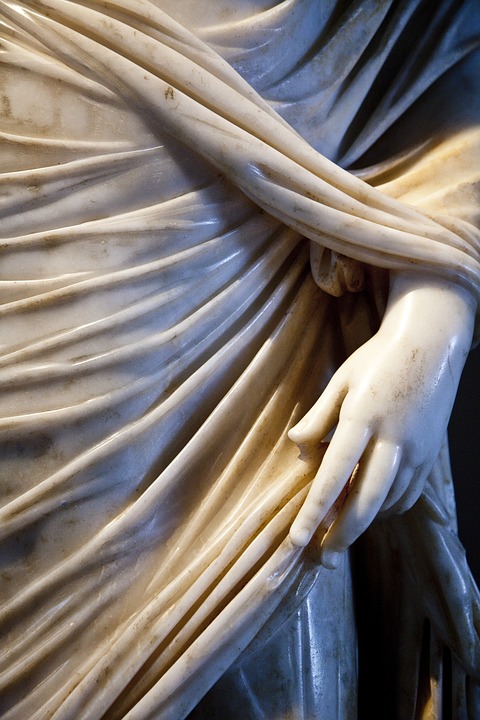Music and I
Article By Kurush Dordi
 Today we live in a world dominated by thousands of music streaming apps catering to a variety of genres. Although Pop, Rock, Jazz, Hip hop, and Electronic Dance Music are all popular, for me Western Classical Music is the shining jewel of the treasure box. It has its own language, awakens emotions, and rehabilitates me when times are not so easy. But what I think makes it stand out is that it touches my soul and allows me to glimpse ideals and virtues that I may not ordinarily experience in my life: sentiments such as indomitable bravery, extraordinary heroism, or deep compassion. Listening to a piano sonata is often enough for me to find revitalising energy, inspiration, and comfort.
Today we live in a world dominated by thousands of music streaming apps catering to a variety of genres. Although Pop, Rock, Jazz, Hip hop, and Electronic Dance Music are all popular, for me Western Classical Music is the shining jewel of the treasure box. It has its own language, awakens emotions, and rehabilitates me when times are not so easy. But what I think makes it stand out is that it touches my soul and allows me to glimpse ideals and virtues that I may not ordinarily experience in my life: sentiments such as indomitable bravery, extraordinary heroism, or deep compassion. Listening to a piano sonata is often enough for me to find revitalising energy, inspiration, and comfort.
I believe that classical music transcends the language of words and affects the inner Self, to help us transform ourselves. It allows us to bring out our best from deep within. To me classical music allows me to anchor myself, and is my way of regaining my centre. I use it at certain times of the day to inspire me, to break free from the stress of work, or the monotony of routine. When I need to concentrate, for example, the rising melodies of Mozart’s Concerto No 23 push me to focus. Within classical pieces of music are embedded moments of beauty, idealism, and power that we can tune into if we engage with it more actively, listening not only with our ears, but with our hearts.
Qualities such as tension, suspense, and climatic buildup can usually be recognized in the way the sounds and notes are combined to produce the mechanics of the music – melody, pitch, volume, etc. What is possible to experience in addition, is largely metaphysical. It is when we start feeling the life in the music, when we corelate to the expression that the composer is trying to project through a piece, that we naturally develop a sympathy or resonance with it. In a music hall many a perceptive listener has therefore been moved to tears over a violinist performing a solo rendition. This expressiveness, a high emotion or sentiment, is one of the key directions the conductor provides the orchestra through his hands and body language.
The Conductor
Many professional orchestras comprise highly accomplished and celebrated musicians. We may ask therefore, if they really need a Conductor at all. Perhaps the answer to this question can be found in the mysterious relationship between a Master and Disciple.
Tradition suggests that every Disciple needs a Master. While the Disciple may conquer certain virtues through discipline, the Master helps orient the disciple to walk in the right direction, with the correct use of those virtues, to discover the magic of the Path. Similarly, the role of any great conductor is to help the orchestra deliver rich, full, sumptuous, well blended sound by directing the manner in which each musician’s skill is manifested.
This brings us to the parallels between music and our own lives. As conductors of our own lives, we are responsible for leading and orchestrating our own responsibilities, priorities, dreams and duties.
Order
Many traditions describe the human being as a complex structure constituted of various tools, or instruments, including the physical body, the energetic body, an emotional plane, the mental, and others more subtle. Each of these instruments has a voice, each has its needs, and each a role which is distinctive, serving a specific purpose, contributing to the music of our lives.
Each element without the conductor becomes a rogue musician who forgets he is part of a whole, playing his own tune, not caring whether the volume is appropriate or the tone is as intended, creating disorder, and discord. Just as a conductor, therefore, we too are responsible to bring order to our own lives, harmonizing the various elements, and directing them toward an archetype, without which our lives too would be reduced to cacophony. It is perhaps no coincidence that many ancient traditions depict divine figures with a musical instrument, perhaps to symbolise mastery over these instruments as a divine quality.
Rhythm
Musically speaking, Rhythm is a pattern of regular or irregular pulses in music. Without a good sense of rhythm even a good musician can get lost and quickly go out of sync with the rest of the orchestra. The right stroke on the humble triangle can make it stand out in an orchestra of over a hundred musicians, and a drum maestro will know exactly when to unleash his power and when to lower intensity. This is applicable to our lives too; whether it is the rhythm of the day and night, or the seasons, or any of the various other rhythms we might observe around us, it is essential that we are in sync. Rhythm allows movement, allows endurance, and allows for a sustainable tension despite the high and low notes in life. Rhythm can change, to adjust to the changes in circumstance, but the need for continuous rhythm always remains.
Sentiment
Any piece of music evokes a message, a sentiment, that the composer was trying to convey. One such example is Beethoven’s famous 3rd Symphony simply called Eroica or Heroism. Originally this piece was dedicated to Napoleon in admiration for his anti-monarchical sentiments after the French Revolution, and it has the power to elevate and inspire the listener. Our lives too can be led to evoke sentiments; courage in the face of challenges, or compassion in the face of injustice. The attitude with which we face the circumstances of life can be driven by these timeless sentiments. Is it not after all that most of us derive inspiration from the manner in which great heroes live their own lives?
Tension
Another important concept relevant to the correct harmonization of the above components is the need for each instrument to be tuned correctly. In the case of string instruments for example, the right tension is key to produce a pure note. Too tight and the strings would snap, too loose and there will be no music. A master violinist may have a million dollar Stradivarius, but unless the tuning pegs calibrate the strings to perfect pitch, it will not perform.
Like a musical score produced and written with meticulous perseverance, we too must create a plan that synchronises our own internal orchestra towards a finality, a real purpose. Like music, it will demand discipline, commitment, and steadfastness in order to be perfected, just as silver needs constant polishing to keep it shining.
Every musician no matter how brilliant in his own right, is never content with his own performance; he always seeks to improve and become better, not only for himself, but so that the entire orchestra can reach its highest potential. We too can strive every day to stretch ourselves just a bit more, to discover the unfamiliar, and dare the untried, to reveal new heights of our own potentials. Just as the tiny triangle can make the most flawless and distinctive contribution to a complex symphony, each of us can bring our own unique area of strength to contribute to the music of life. The conductor may have a baton at his disposal to guide the orchestra, but most important is the intention to bring the music to life. We must realise that the music we create of our own life, is but one score of music, that must work harmoniously with all of nature to deliver the symphony we call Life.
Image Credits: By Josep Molina Secall | Unsplash | CC0
The entity posting this article assumes the responsibility that images used in this article have the requisite permissionsImage References
By Josep Molina Secall | Unsplash | CC0
Permissions required for the publishing of this article have been obtained




What do you think?